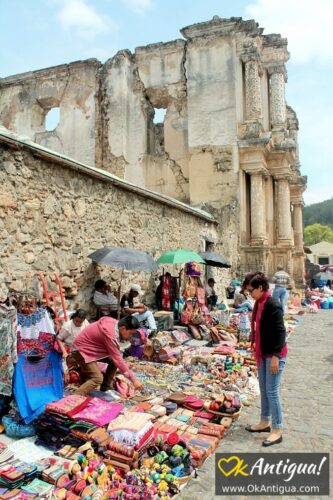Nonviolence and the Ongoing Struggle for Justice
By Walter Naegle
¨Nine days after the shocking gun violence in Tucson, our nation pauses to reflect on the life of a leader in the African-American struggle for civil rights, Dr. Martin Luther King, Jr. An apostle of nonviolence, Dr. King lived under the constant threat of violence from those who sought to keep America from expanding its commitment to equal opportunity and justice. While not a politician, he shared with Rep. Gabrielle Giffords a commitment to educating people about the democratic process, whether through a table at a shopping mall, the ballot box or through nonviolent direct action in the streets.
Veterans of the struggle served as counselors to the younger Dr. King, among them my late partner Bayard Rustin. An activist since his teenage years, Bayard was pivotal in helping to translate nonviolent philosophy into concrete direct action -- the marches, sit-ins, and boycotts that forced this country to abolish racial segregation laws.
...
Bayard's extraordinary intelligence and abilities enabled him to overcome the racism and homophobia so prevalent during his lifetime, and despite setbacks he never abandoned his faith in the possibilities for human redemption and growth... That faith in the power of one person to be an agent of change was recalled in President Obama's remarks in Tucson when he said, "We may not be able to stop all evil in the world, but I know that how we treat one another, that's entirely up to us." HERE
· Thanks to DOT 429
· Thanks to Walter Naegle
· Thanks to Monroe Frederick, photo
· Thanks to The Bilerico Project, sidebar
· Thanks to Bil Browning HERE

























_-_James_Tissot_-_overall.jpg)














No comments:
Post a Comment